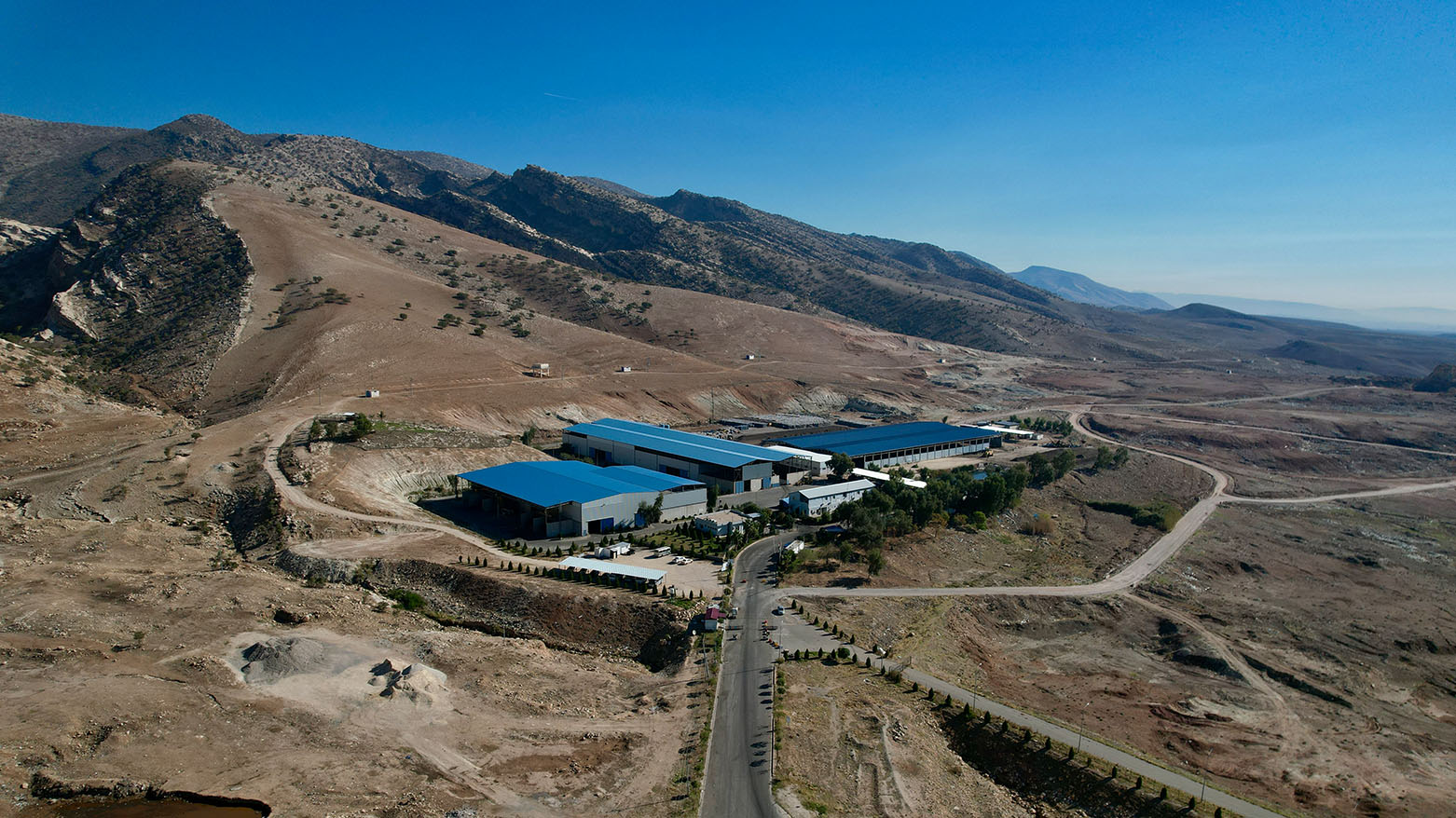With 600 Tons Sorted Daily, Duhok Advances Strategy to Localize Plastic Recycling
Duhok's waste plant processes 600 tons daily around the clock, with plans to build a local plastic recycling facility within a year to boost sustainability.

ERBIL (Kurdistan24) – Amid the rolling hills of the Kurdistan Region, the city of Duhok has initiated a relentless, twenty-four-hour battle against environmental degradation, with its central waste sorting plant operating around the clock to process massive volumes of refuse. The facility, a critical infrastructure project for the governorate, operates on a rigorous three-shift schedule, ensuring that the processing of municipal waste continues without pause.
According to on-the-ground reports from Kurdistan24 correspondent Chekdar Jamal, the plant’s dedicated workforce sorts through more than 600 tons of waste every single day, a massive undertaking designed to categorise the city’s refuse and extract valuable materials that would otherwise harm the local ecosystem.
One of the most significant findings from the plant’s daily operations is the high volume of plastic waste generated by the population. Data indicates that up to 23 per cent of the sorted waste consists of plastic materials.
Currently, this segregated plastic does not remain in the province; it is prepared for export outside the Kurdistan Region. However, this logistical chain is on the verge of a significant transformation as local authorities move to localise the recycling process, aiming to keep the economic and environmental benefits within Duhok.
Diyar Sadiq, the administrative director of the plant, outlined an ambitious roadmap for the near future during an interview with Kurdistan24.
Sadiq revealed that there is a concrete plan to establish a dedicated plastic recycling plant directly within the facility's grounds within the next six months to a year. This expansion aims to close the loop on waste management in Duhok. Sadiq emphasised the international dimension of this project, noting that it requires support from non-governmental organisations (NGOs) based in the Netherlands.
He highlighted that the local team has already received intensive training in the Netherlands to prepare for this technological leap. "After that, the plastic will not go to the landfill, but will be returned to the recycling plant," Sadiq affirmed, signalling a shift toward a circular economy where waste is treated as a resource.
The facility itself stands as a testament to the region's long-term commitment to waste management, having been established in two distinct phases.
The first phase was inaugurated in 2011, followed by a second expansion in 2015 to accommodate the growing needs of the population. Currently, the plant employs more than 150 workers who are vital to its daily success.
The operational structure ensures that the majority of human resources are focused on recovery; 80 per cent of the workforce is dedicated to the manual and technical sorting of waste. The remaining 20 per cent of the material flow is directed towards burial in landfills or is converted into fertiliser, ensuring that organic waste is put to agricultural use rather than simply discarded.
The urgency of these operations is underscored by environmental experts who warn of the long-term dangers posed by untreated waste. Hazim Abdi, an environmental specialist, highlighted the severe risks associated with plastic accumulation in the ecosystem. He stressed the absolute necessity of recycling plastic to reduce the overall volume of waste.
Explaining the chemical and biological threats, Abdi noted that plastic reacts with the soil and other elemental components, leading to widespread pollution. He warned that this contamination inevitably enters the agricultural cycle, eventually finding its way back to humans through the food supply, causing significant health and environmental damage.
As the plant continues to isolate that critical 23 per cent of plastic waste from the general pile, the swift establishment of the local recycling unit remains a top priority.
With the continuous effort of its workforce and international cooperation on the horizon, the project represents a crucial step for Duhok in mitigating environmental damage and securing a cleaner future for the Kurdistan Region.
Kurdistan24 correspondent Chekdar Jamal contributed to this report.